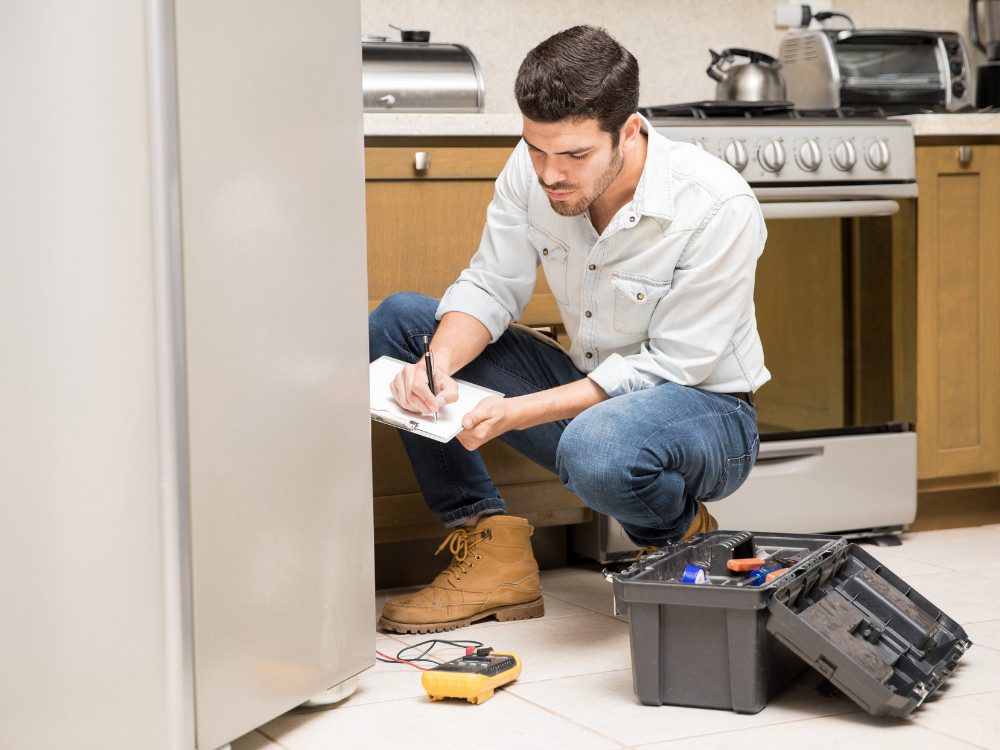Living in council or housing association accommodation should mean having a safe and secure home, but what happens when your landlord is ignoring you and refusing to carry out repairs?
Whether it’s a leaking roof, heating and water issues, or persistent damp, disrepair can seriously affect your health and wellbeing.
If you’re struggling to get essential repairs done, this guide will walk you through your rights, the steps you can take, and where to turn for support when your landlord isn’t listening.
Knowing Your Rights as a Tenant
As a council or housing association tenant, you have the right to have a safe home with necessary repairs carried out within legal timeframes, and follow specific health and safety standards.
We’ve pulled together a list of rights you have as a tenant:
The Rights to a Safe Home
Your landlord (the council or housing association) is legally required to carry out certain repairs, such as: 
- Structural issues such as the walls, roof or windows
- Plumbing, heating and electrics such as water leaks and heating and water issues
- Damp and mould
These duties are outlined in the Landlord and Tenant Act 1985 and the Homes (Fitness for Human Habitation) Act 2018.
The Rights to take Legal Action
If you have reported the issues to the Landlord and they have not been rectified, you can take legal action for housing disrepair to force your landlord to carry out necessary repairs, as well as claim compensation for the stress and inconvenience your landlord has caused you.
Documenting Everything is Key
Having all of your evidence and communications documented is so important when reporting an issue to your landlord.
You can report through email, a letter, or via an online portal. Be sure to include important details such as the date the issue began, a clear description of the problem, and any photos or videos that support your claim.
It’s also a good idea to request a timeline for the repair or at least a confirmation that your message was received.
Most importantly, keep copies of all communications you send to ensure you have a record in case the issue escalates.
If you choose to use Housing Disrepair Solicitors, having documentation can solidify your case and be key to resolving your housing disrepair and securing compensation.
Understanding Timelines
The length of time in which councils or housing associations have to respond to a complaint and carry out repairs can depend on the type and urgency of the repair.
Under the Landlord and Tenant Act 1985, repairs must be completed within a “reasonable time” after the issue has been reported.

What counts as “reasonable” depends on:
- The severity of the problem
- The impact on your health/safety
- The specific terms of your tenancy agreement
Your housing association or council should have its own repairs policy, usually included in your tenancy handbook or online. It will list the categories of repair and expected response times. If you don’t have a copy of this, you will be able to request it.
If your landlord doesn’t respond to your complaint within a reasonable period of time, then you have the right to escalate this to a housing disrepair solicitor.
Report to a Housing Disrepair Solicitor
You may be able to take legal action to force repairs, as well as receive compensation for any inconvenience, damage to personal belongings from the disrepair, or any health issues it may have caused. To take legal action, you will need to gather evidence such as photos, doctors notes and emails or letters to help solidify your case. Our team at Liberay Legal operates on a ‘no win, no fee’ basis, meaning you don’t have to worry about any upfront costs for us to fight your case.
We Will Help You Get Your Housing Disrepair Resolved
At Liberay Legal, we understand that dealing with housing disrepair can be stressful, but you’re not alone. Within 24 hours of you submitting a claim, we will arrange a no-obligation call to listen to you, understand how you’re feeling and see if we are able to help.
We know the importance of having a safe home, and we’ll take the time to assess your case and make sure you understand your options. If we believe you have a case against your Landlord, we don’t stop until your case is complete.



